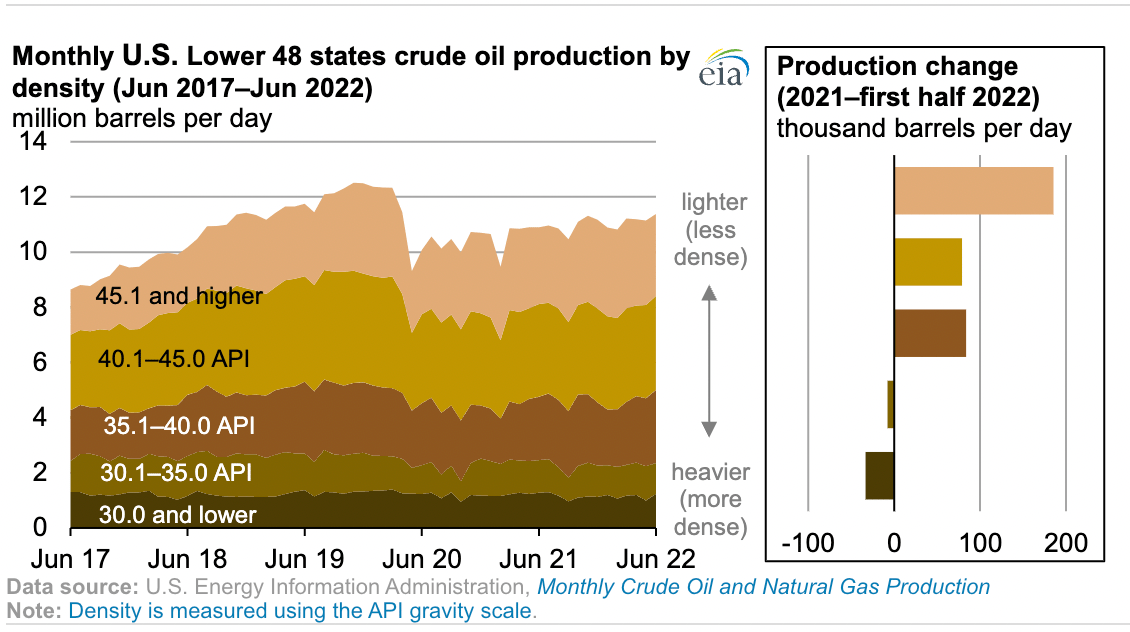UK May Experience 3-Hour Rolling Blackouts In Winter
UK's National Grid has announced that if Russia cuts gas flows to Europe and the UK and Britain experiences a cold snap, Brits could experience a series of three-hour rolling blackouts.
"Such an event would mean consumers in different parts of the country being notified a day in advance of three-hour blocks of time during which their power would be cut off, in an effort to reduce total consumption by 5%," reports the Guardian. "The emergency plan would need to be approved by King Charles on the recommendation of the business secretary."
National Grid describes the possibility of such an event as "unlikely." National has called on five coal plants to meet its potential demand needs and is looking into "demand flexibility" programs to maintain grid stability in the case of an emergency.
“We’re heading into winter in an unprecedented situation. Even during the cold war, the Soviet Union kept the gas flowing so it’s very unpredictable," an industry insider told the Guardian.
Energy Crisis American Style
Natural gas prices are high--really high. According to Oilprice.com, "Prices of natural gas are trading about 94% higher than at the start of the year and 370% higher than the 2020 lows." That means higher bills for Americans who need gas to heat their homes, and gas to keep the lights on. If you have a heat pump you need electricity for both.
The uptick in natural gas prices will hit New England the hardest as the region is exposed to the global LNG market. As I wrote recently for The Spectator, "Despite its proximity to the Marcellus Shale Formation, the region lacks the pipeline infrastructure to import natural gas from it. The Jones Act, which bars foreign-owned vessels from delivering goods between US ports, has also hamstrung the region. New England’s LNG import terminals cannot receive from the Gulf of Mexico’s LNG export terminals because while the United States produces the most LNG in the world, it does not make LNG tankers. So, New Englanders will have to compete with Europe and Asia for pricey LNG to light and heat their homes this winter. That’ll be painful--natural gas is 53% of the New England grid’s resource mix."
Natural gas markets look to remain tight as the weather gets colder. Waning flows from Russia to Europe and massive exports from America to Europe appear to be durable near-term trends.
"With US gas storage finishing this summer well below average levels, and lower than what we expected previously owing to strong power burns, we believe there is a mispricing of this upside risk to gas prices in the near-term," Goldman Sach commodity analyst Samantha Dart recently wrote to clients.
Now that OPEC+ has cut production and no one seems to be stepping up to increase supply, gasoline prices may rise, too, hitting Americans on two fronts as the mid-term elections approach.
EU Diplomat Admits to Russian Dependence
At the Annual EU Ambassadors Conference on Monday, High Representative Josep Borrell had sober words for his colleagues: the world they once knew is over and a new political and economic reality has emerged to take its place.
What was the old world? "You - the United States - take care of our security. You - China and Russia – provided the basis of our prosperity," Borrell said. "This is a world that is no longer there."
He pointed out that the insurgent European right has been democratically gaining in the EU as this old world has disappeared. The new right, Borrell said, "is the choice of the people, it is not an imposition from any power. It is the people who go and vote here and there. I am not going to blame anyone, but you have in mind what I am talking about."
These comments are remarkably candid. On the horizon, he sees three major trends: "messy polarity" wherein no single country provides the "structuring force" to the world order; the second is "a competitive world where everything is being weaponised"; And the third is "nationalism, revisionism plus identity politics."
He suggested that in order to escape this crisis and buck the above trends, the EU needs to become less Kantian, and more Hobbesian. There are several ways to read this statement, but I believe Borrell is articulating that the EU has assumed the universal appeal of its own values and its own aspirations for too long--and that these values and aspirations were bringing the world towards what Kant described as a "universal peace." Waking up to the cold new reality means jettisoning this approach and instead focusing on a politics of interest over values, recognizing that Europe is but one of many forces in the world. And it might also call for greater integration and centralization within the EU itself, depending on what element of Hobbes Borrell means to invoke.
"Let’s try to understand the world the way it is and bring the voice of Europe," Borrell concluded.
Like what you're reading? Click the button below to get Grid Brief right in your inbox!
Conversation Starters
Environmental groups are taking on a Delaware sized oil and gas project in Wyoming. "Powder River Basin Resource Council and Western Watersheds Project filed the complaint in federal court in Washington, D.C. last month, claiming then-Interior Secretary David Bernhardt rigged the approval of the 5,000-well project 'to relieve the fossil fuel industry from federal environmental safeguards,'" reports WyoFile. "The 68-page filing names the Interior Department and U.S. Bureau of Land Management as defendants and seeks to reverse the approval."
Tunisia has one week of gasoline supply left, soon to be bolstered by a tanker currently unloading. "The petrol tanker now unloading at Bizerte will give Tunisia an extra few days of supply, taking it to 10-14 days in total, down from the usual 60 days of strategic reserves, said Salouan Smiri, a senior official in the oil section of the UGTT union. Tunisia is already facing shortages of some subsidised goods, with empty supermarket shelves causing protests last month, as it seeks an international bailout to finance debt repayments and state spending," reports Yahoo! Finance.
America exports light crude, and imports heavy. "Although large quantities of crude oil are produced in the United States, it still imports crude oil to meet domestic refining needs. Crude oils vary in qualities, including API gravity and sulfur content. Sweet crude oils have relatively low sulfur content, and sour crude oils have relatively high sulfur content," reports the Energy Information Administration. "The U.S. refining complex is advanced and capable of refining heavier, more sour crude oils, which generally cost less than lighter, sweeter grades of crude oil."

Crom's Blessing
